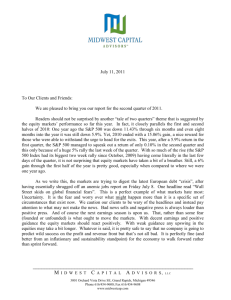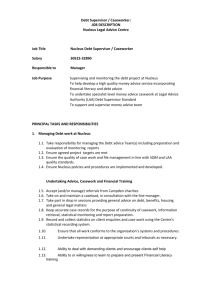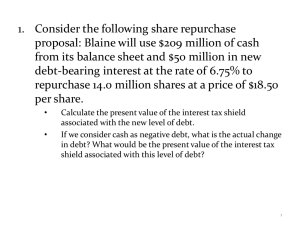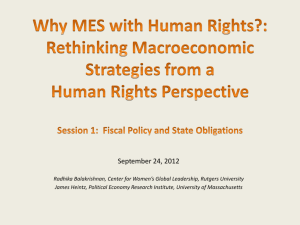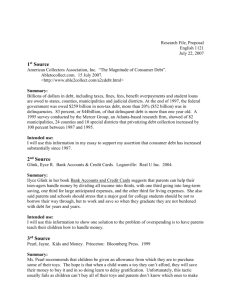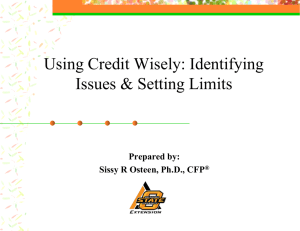Visiting Student Registration Form School 80 and 81 303 George
advertisement
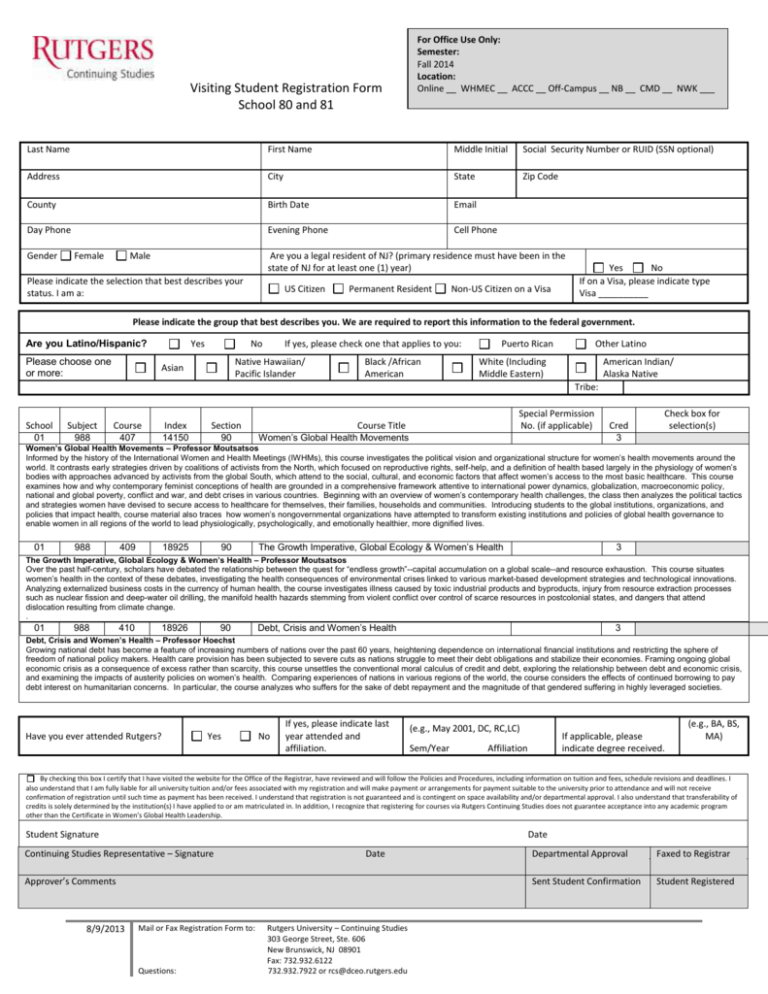
Visiting Student Registration Form School 80 and 81 For Office Use Only: Semester: Fall 2014 Location: Online __ WHMEC __ ACCC __ Off-Campus __ NB __ CMD __ NWK ___ Last Name First Name Middle Initial Social Security Number or RUID (SSN optional) Address City State Zip Code County Birth Date Email Day Phone Evening Phone Cell Phone Gender Female Male Are you a legal resident of NJ? (primary residence must have been in the state of NJ for at least one (1) year) Please indicate the selection that best describes your status. I am a: US Citizen Permanent Resident Non-US Citizen on a Visa Yes No If on a Visa, please indicate type Visa __________ Please indicate the group that best describes you. We are required to report this information to the federal government. Yes Are you Latino/Hispanic? Please choose one or more: No If yes, please check one that applies to you: Native Hawaiian/ Pacific Islander Asian Black /African American Puerto Rican Other Latino White (Including Middle Eastern) American Indian/ Alaska Native Tribe: School Subject Course Index Section 01 988 407 14150 90 Special Permission No. (if applicable) Course Title Women’s Global Health Movements Cred Check box for selection(s) 3 Women’s Global Health Movements – Professor Moutsatsos Informed by the history of the International Women and Health Meetings (IWHMs), this course investigates the political vision and organizational structure for women’s health movements around the world. It contrasts early strategies driven by coalitions of activists from the North, which focused on reproductive rights, self-help, and a definition of health based largely in the physiology of women’s bodies with approaches advanced by activists from the global South, which attend to the social, cultural, and economic factors that affect women’s access to the most basic healthcare. This course examines how and why contemporary feminist conceptions of health are grounded in a comprehensive framework attentive to international power dynamics, globalization, macroeconomic policy, national and global poverty, conflict and war, and debt crises in various countries. Beginning with an overview of women’s contemporary health challenges, the class then analyzes the political tactics and strategies women have devised to secure access to healthcare for themselves, their families, households and communities. Introducing students to the global institutions, organizations, and policies that impact health, course material also traces how women’s nongovernmental organizations have attempted to transform existing institutions and policies of global health governance to enable women in all regions of the world to lead physiologically, psychologically, and emotionally healthier, more dignified lives. 01 988 409 18925 90 The Growth Imperative, Global Ecology & Women’s Health 3 The Growth Imperative, Global Ecology & Women’s Health – Professor Moutsatsos Over the past half-century, scholars have debated the relationship between the quest for “endless growth”--capital accumulation on a global scale--and resource exhaustion. This course situates women’s health in the context of these debates, investigating the health consequences of environmental crises linked to various market-based development strategies and technological innovations. Analyzing externalized business costs in the currency of human health, the course investigates illness caused by toxic industrial products and byproducts, injury from resource extraction processes such as nuclear fission and deep-water oil drilling, the manifold health hazards stemming from violent conflict over control of scarce resources in postcolonial states, and dangers that attend dislocation resulting from climate change. . 01 988 410 18926 90 Debt, Crisis and Women’s Health 3 Debt, Crisis and Women’s Health – Professor Hoechst Growing national debt has become a feature of increasing numbers of nations over the past 60 years, heightening dependence on international financial institutions and restricting the sphere of freedom of national policy makers. Health care provision has been subjected to severe cuts as nations struggle to meet their debt obligations and stabilize their economies. Framing ongoing global economic crisis as a consequence of excess rather than scarcity, this course unsettles the conventional moral calculus of credit and debt, exploring the relationship between debt and economic crisis, and examining the impacts of austerity policies on women’s health. Comparing experiences of nations in various regions of the world, the course considers the effects of continued borrowing to pay debt interest on humanitarian concerns. In particular, the course analyzes who suffers for the sake of debt repayment and the magnitude of that gendered suffering in highly leveraged societies. Have you ever attended Rutgers? Yes No If yes, please indicate last year attended and affiliation. (e.g., May 2001, DC, RC,LC) Sem/Year If applicable, please indicate degree received. Affiliation (e.g., BA, BS, MA) By checking this box I certify that I have visited the website for the Office of the Registrar, have reviewed and will follow the Policies and Procedures, including information on tuition and fees, schedule revisions and deadlines. I also understand that I am fully liable for all university tuition and/or fees associated with my registration and will make payment or arrangements for payment suitable to the university prior to attendance and will not receive confirmation of registration until such time as payment has been received. I understand that registration is not guaranteed and is contingent on space availability and/or departmental approval. I also understand that transferability of credits is solely determined by the institution(s) I have applied to or am matriculated in. In addition, I recognize that registering for courses via Rutgers Continuing Studies does not guarantee acceptance into any academic program other than the Certificate in Women’s Global Health Leadership. Student Signature Date Continuing Studies Representative – Signature Date Approver’s Comments 8/9/2013 Mail or Fax Registration Form to: Questions: Rutgers University – Continuing Studies 303 George Street, Ste. 606 New Brunswick, NJ 08901 Fax: 732.932.6122 732.932.7922 or rcs@dceo.rutgers.edu Departmental Approval Faxed to Registrar Sent Student Confirmation Student Registered 303 George Street, Ste. 606 New Brunswick, NJ 08901 732.932.7922 fax: 732.932.6122





